Upper Respiratory Tract Infection
• General Health
✓ No waiting rooms.
✓ No health insurance.
✓ 100% online.
What is
What are
What are
URI
?
Respiratory tract infections (common cold or URI) affect the system that carries air from the nose and mouth to the lungs. These can be classified as high (nose, throat, sinuses) or low (bronchi and lungs), and are usually caused by viruses or bacteria.
Causes
Respiratory infections are very common and can be easily contagious. Factors such as weather, close contact with sick people, or a weakened immune system increase the risk of contracting them.
The most common causes are:
• Virus (common cold, flu, COVID-19)
• Bacteria (in more severe cases)
• Allergies
• Air pollution
• Smoking
• Seasonal changes
• Exposure to cold or dry environments
Can it be treated?
Treatment depends on the type of infection (viral or bacterial). Symptoms can be relieved with fever medications, decongestants, rest, and hydration. In bacterial cases, an antibiotic may be necessary. At Dzeus, we connect you with an online health professional to evaluate your symptoms and provide appropriate treatment.
How does it work?

Consultation
Complete your medical consultation 100% online quickly and easily. We're here to listen to you, understand your symptoms and provide you with the best professional guidance.

Prescription
Get your prescription quickly and safely. All of our prescriptions are issued by licensed professionals, and the medications we offer are approved by the FDA, ensuring quality and safety.

Pharmacy
Get prescription drugs easily from our online pharmacy. We guarantee you a safe, discreet and reliable process.

Delivery
Forget about lines and transfers. We send medications directly to your home, with a tracking number and in a discreet packaging.
Available Treatments
Available Referrals
Available Referrals
The medical team that boost your well-being
Frequently Asked Questions
What are the most common symptoms?
Symptoms vary depending on the location and cause of the infection, but the most common are:
- Congestion and runny nose
- Sore throat
- Cough (dry or with phlegm)
- Fever
- Headache or muscle pain
- Trouble breathing (in more serious cases)
If the infection affects the lower tracts, the symptoms are usually more severe and require more medical attention.
How is it transmitted?
Most of these infections are transmitted by air, through droplets expelled when you cough, sneeze, or talk. They can also be infected by touching contaminated surfaces and then touching their face, especially their mouth, nose, or eyes.
Therefore, washing your hands and wearing a mask indoors or when you have symptoms is still a useful measure.
When should I see a doctor?
Although many respiratory infections resolve on their own, you should seek medical attention if:
- The fever exceeds 38.5°C and lasts more than 3 days
- The cough persists for more than two weeks
- There is shortness of breath, wheezing, or chest pain
- You notice excessive fatigue or confusion
- You are a person with chronic illnesses or a weak immune system
Are they treated with antibiotics?
Not always. Most upper respiratory infections are caused by viruses, so do not require antibiotics. These are only indicated if the doctor determines that the cause is bacterial. The unnecessary use of antibiotics can lead to resistance and future complications.
What can I do at home to ease my symptoms?
In mild cases, home treatment may be sufficient. We recommend:
- Drink plenty of water
- Do rest
- Use pain relievers or antipyretics (such as paracetamol) to control fever and discomfort
- Maintain good ventilation in the environment
- Humidify the air or do steam inhalations
- Avoid smoking and other irritants
How can I prevent these infections?
Prevention starts with good habits:
- Wash your hands frequently
- Cover yourself when you cough or sneeze
- Avoid close contact with sick people
- Don't smoke
- Maintain a balanced diet and a strong immune system
- Get recommended vaccines, such as for influenza or COVID-19
Breathe better
Online health... Consultation, Pharmacy and Delivery!
















